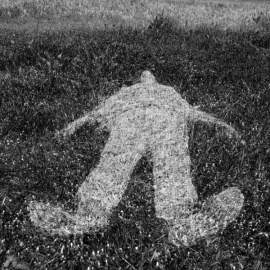
Washington Expungement Laws

Washington expungement laws give a person the legal right to deny any involvement in a crime once the record has been expunged. Once the court record is expunged, it is sealed or destroyed. The record could possibly reappear in a later criminal court case. An expunged court record does not give someone the right to possess a firearm.
Washington expungements do not totally protect a person's records from being viewed. The court record may still be found in certain court indexes. Employers may be able to check the nature of the charge against one of their potential employees. There is some protection that will not allow an employer to check out the entire case if there has been an expungement.
Juvenile Expungement
There are various factors that go into deciding if a juvenile court record should be expunged. The crime committed must not be a Class A felony or a sex offense. If another crime has been committed since the completion of a sentence but before an expungement was granted, the person will not have their court record expunged. If someone is 18 and the only blemish in their criminal history is the one offense and two years have passed since the completion of their sentence, that person may request that their court record be destroyed. If someone has more than one offense on their record they will have to wait until they are 23 years old before they can request an expungement.
The petition requesting an expungement must be filed with the court and a copy must be provided to the prosecuting attorney. The petitioner may also be required to notify the Washington State Patrol and any victims they harmed that they are seeking expungement. Sealed records give a person the right to deny any involvement in criminal activity. They may be unsealed and used against someone in any future criminal court cases.
Time Restrictions for Expungement
Class B felony- Ten years after conviction.
Class C felony- Five years after conviction.
Misdemeanor- Two years after conviction and the person must be at least 18 years old.
Gross misdemeanor- Three years and the person must be at least 18 years old.
Diversion- Two years after conviction and the person must be at least 18 years old.
Adult Expungements
In order to have a felony expunged, an adult must:
● Complete their sentence and be discharged.
● Have no criminal charges pending in any state or court.
● Cannot have been convicted for a violent crime or a crime against a person.
● Since being discharged, they must have spent ten years in the community without having committed an offense for a previous Class B crime. Class C crimes require five years in the community without committing an offense.
In order to have a misdemeanor expunged, an adult must:
● Three years must have passed since completion of any sentence including probation. Five years are required for probation for a domestic abuse case.
● The offense cannot have involved driving while intoxicated.
● The offense cannot have been a sex offense.
● All conditions of sentence must have been met.
● There cannot be any pending criminal cases.
● The person cannot have been subject to a restraining order within the last five years.
NEXT: West Virginia Expugement Laws





















